 / צוות המחקר / ורד גלעד
/ צוות המחקר / ורד גלעד
 / צוות המחקר / ורד גלעד
/ צוות המחקר / ורד גלעד
תואר שני במדעי ההתנהגות וניהול, הטכניון-מכון טכנולוגי לישראל
תואר ראשון במדעי ההתנהגות, אוניברסיטת בן-גוריון בנגב
מדיניות מדע, טכנולוגיה וחדשנות
ורד גלעד חוקרת במוסד שמואל נאמן בתחום מדיניות מדע, טכנולוגיה וחדשנות.
לורד תואר ראשון במדעי ההתנהגות מהפקולטה למדעי הרוח והחברה באוניברסיטת בן -גוריון בנגב ותואר מגיסטר למדעים במדעי ההתנהגות והניהול מהפקולטה לתעשייה וניהול בטכניון.
תחומי ההתמחות של ורד במוסד שמואל נאמן הם: כח אדם מדעי וטכנולוגי, הערכת תוכניות מו”פ ומדיניות חדשנות; השתתפה בשורה ארוכה של פרויקטים שכללו מתודולוגיות מגוונות לביצוע מחקרים, ניתוח ממצאים וגיבוש המלצות למדיניות.
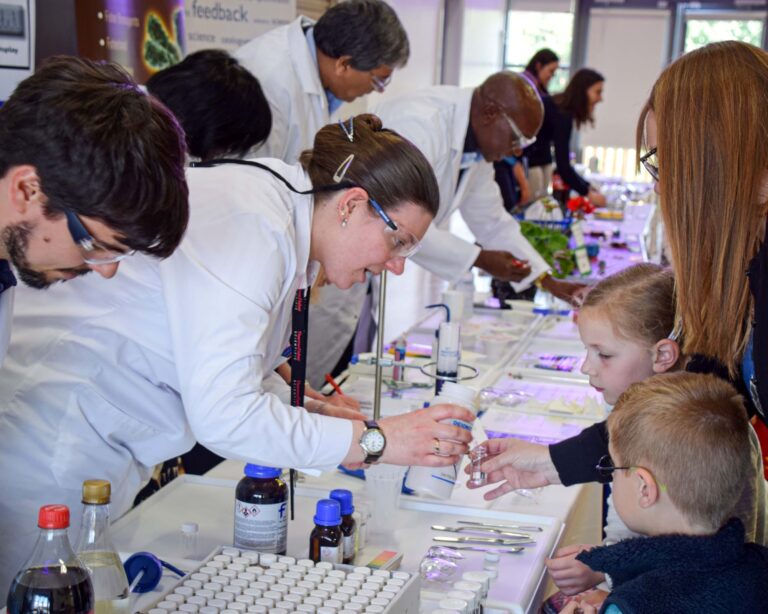
רינת קליין, ורד גלעד, ציפי בוכניק, בנימין בנטל, דן פלד
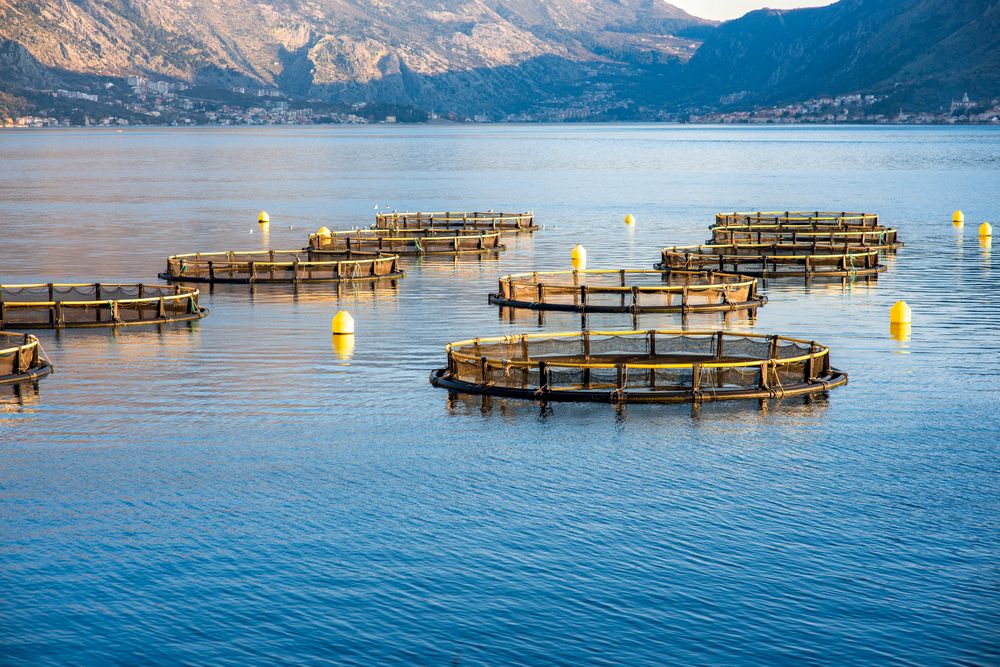
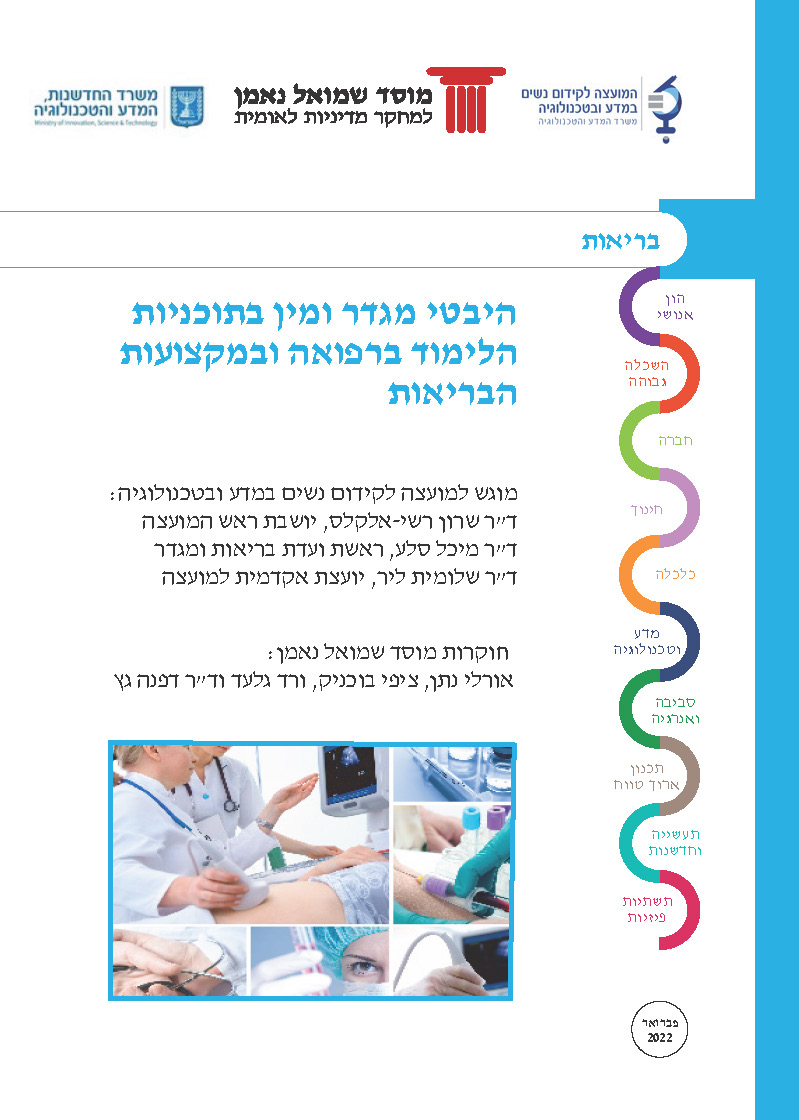
אורלי נתן, ציפי בוכניק, ורד גלעד, דפנה גץ, שרון רשי-אלקלס, מיכל סלע, שלומית ליר, ענת פנטי
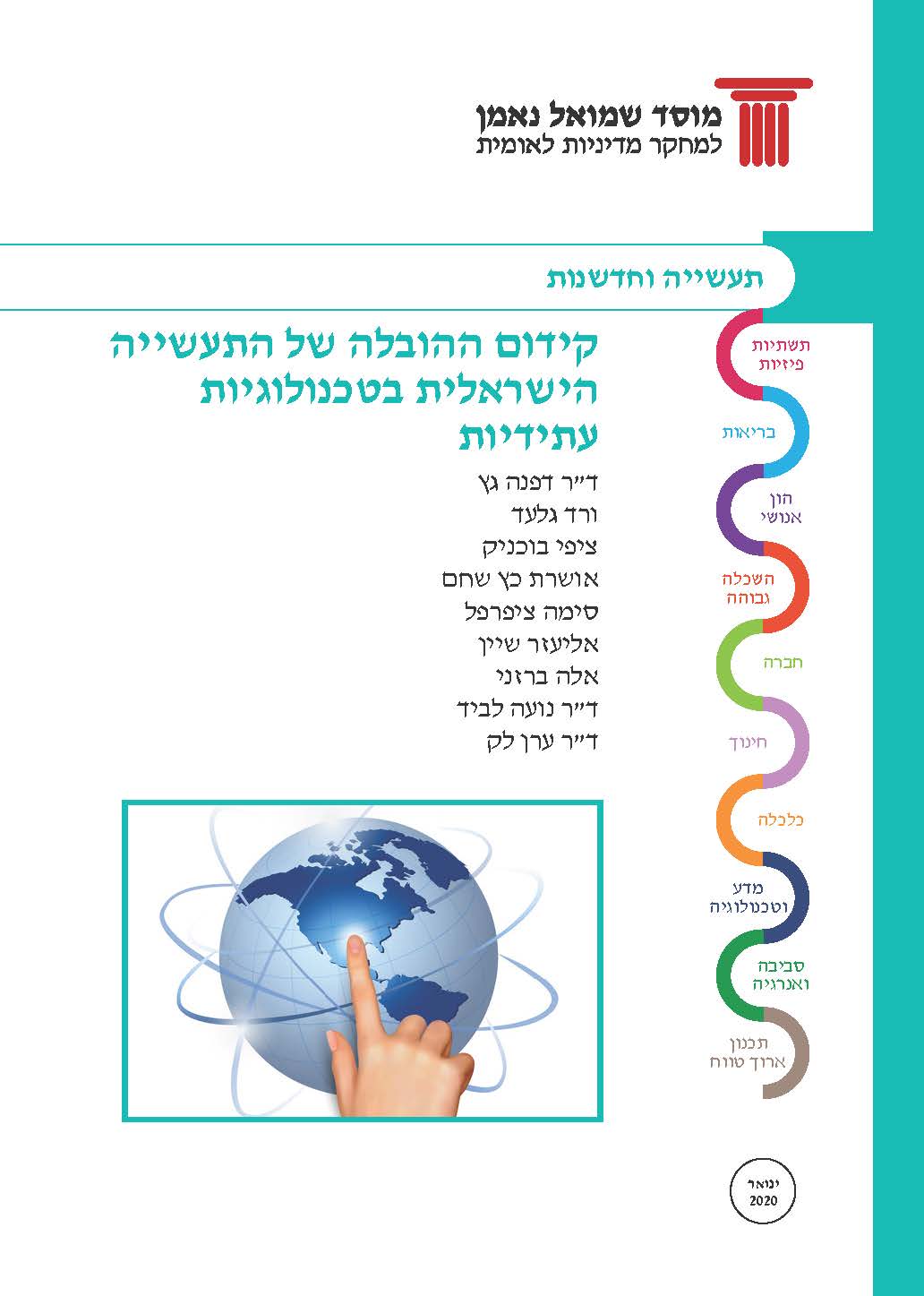
דפנה גץ, ורד גלעד, ציפי בוכניק, אושרת כץ-שחם, סימה ציפרפל, אליעזר שיין, אלה ברזני, נועה לביד, ערן לק
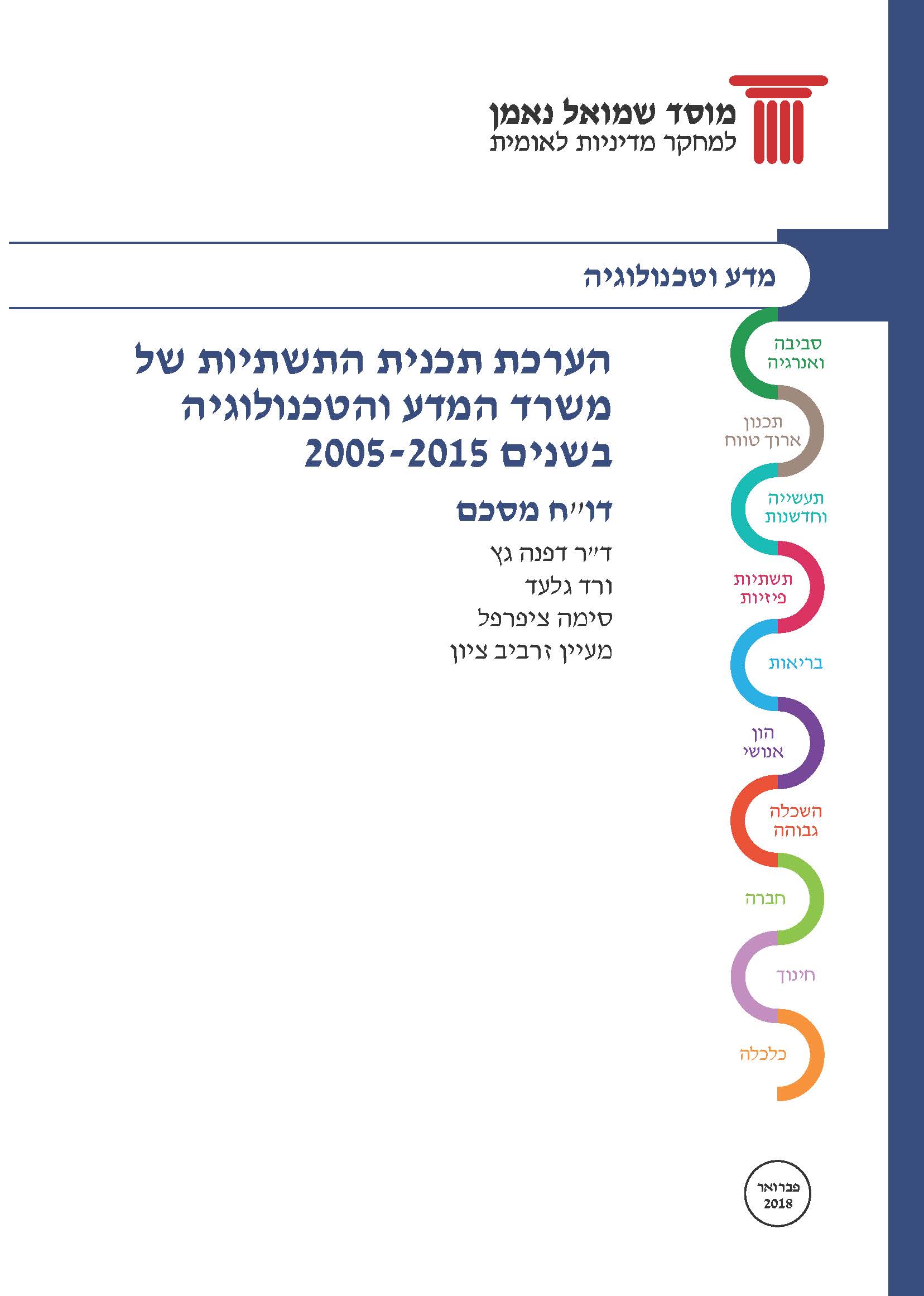
דפנה גץ, ורד גלעד, סימה ציפרפל, מעיין זרביב ציון
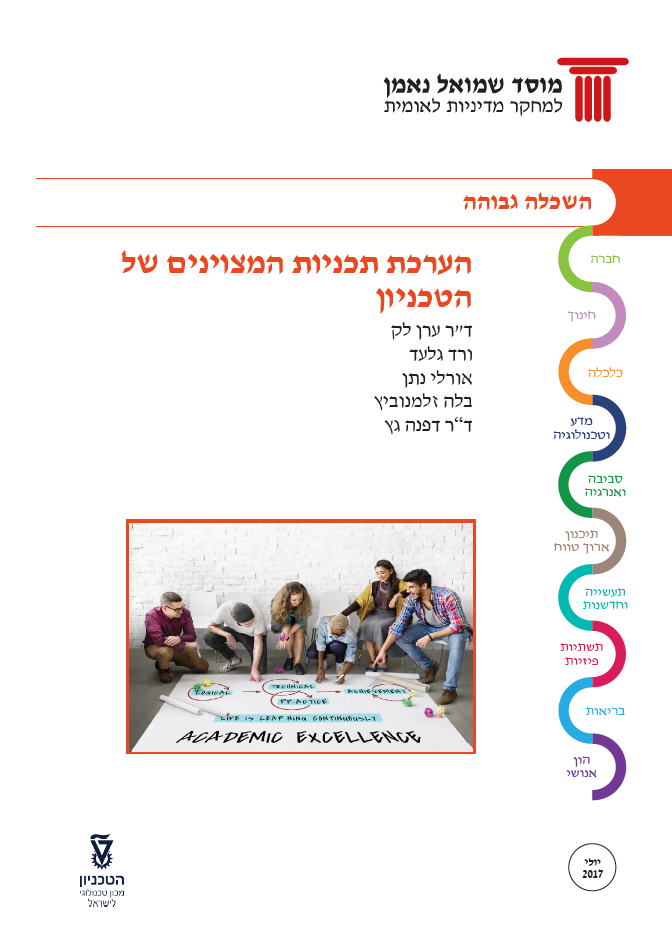
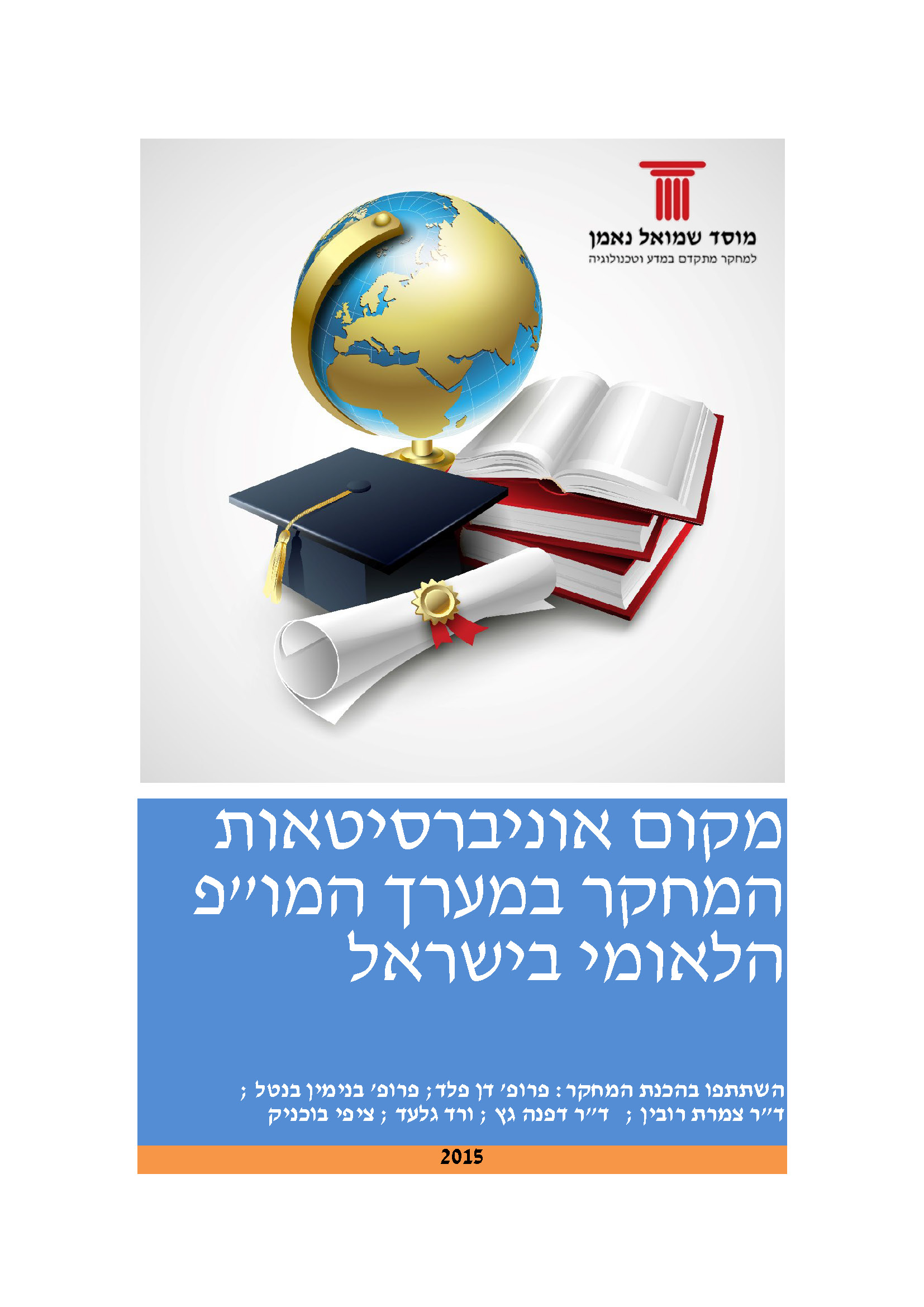
דן פלד, בנימין בנטל, צמרת רובין, דפנה גץ, ורד גלעד, ציפי בוכניק
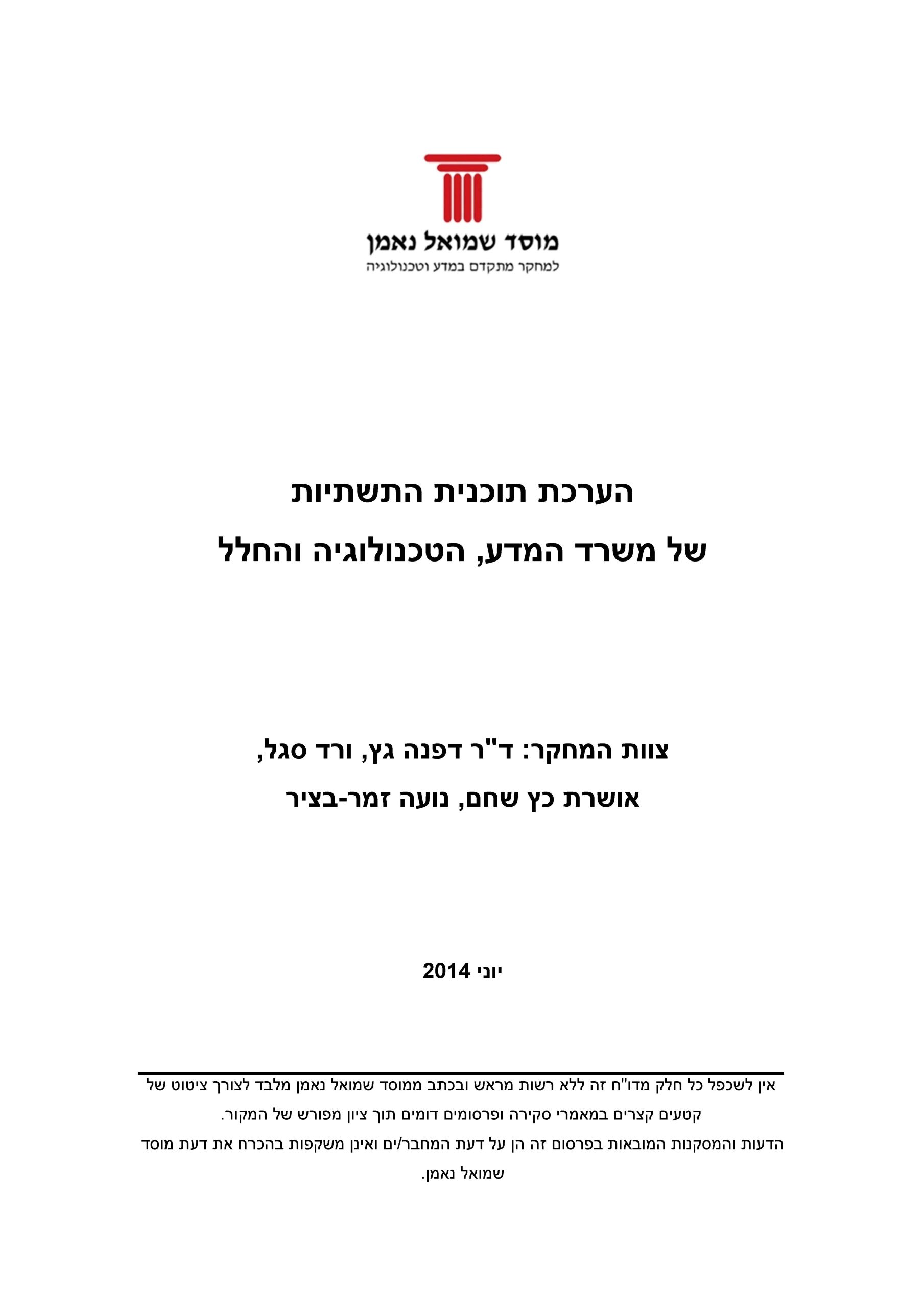
דפנה גץ, ורד גלעד, אושרת כץ-שחם, נועה זמר-בציר
דפנה גץ, ורד גלעד, בלה זלמנוביץ, אושרת כץ-שחם
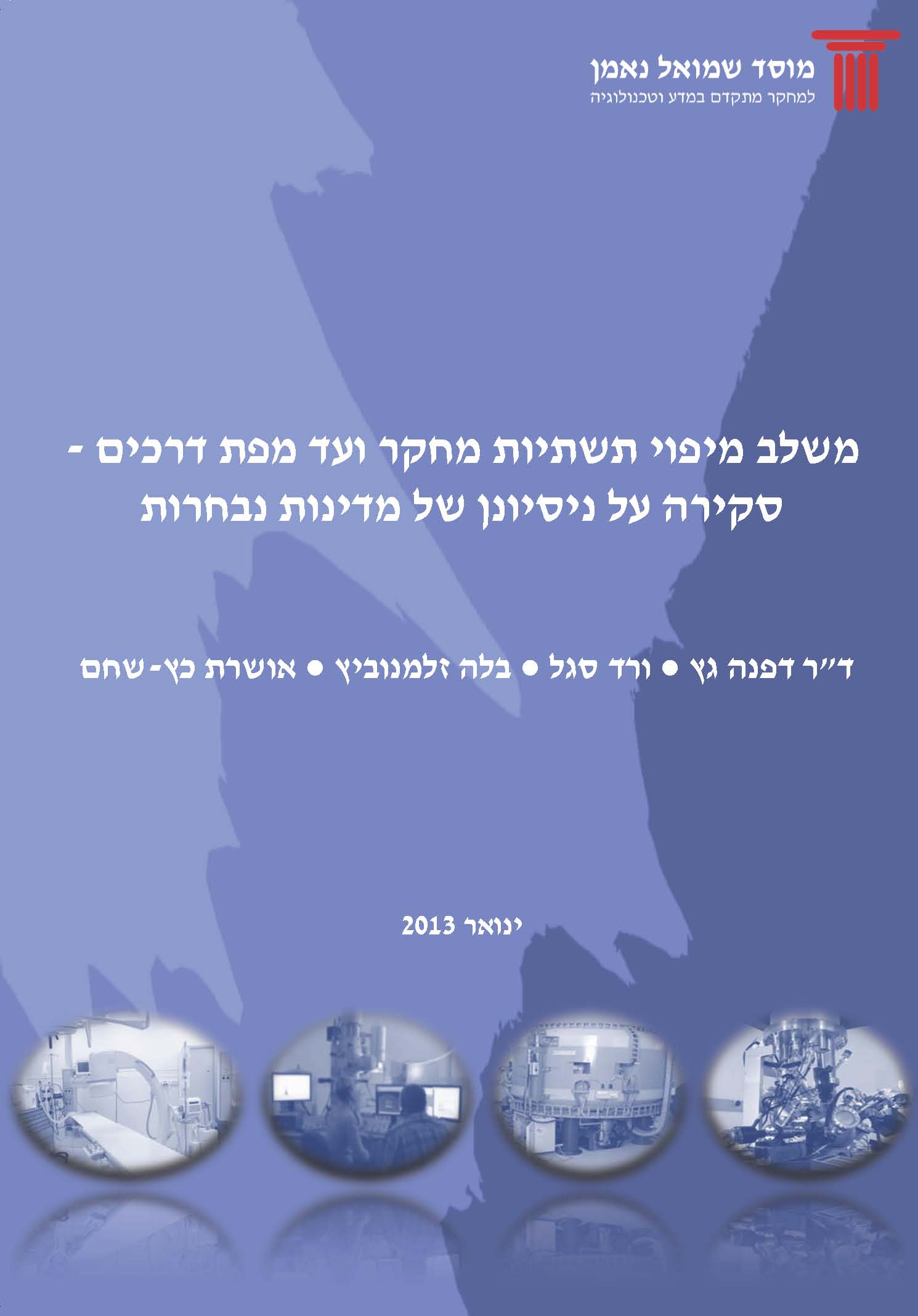
דפנה גץ, ורד גלעד, בלה זלמנוביץ, אושרת כץ-שחם
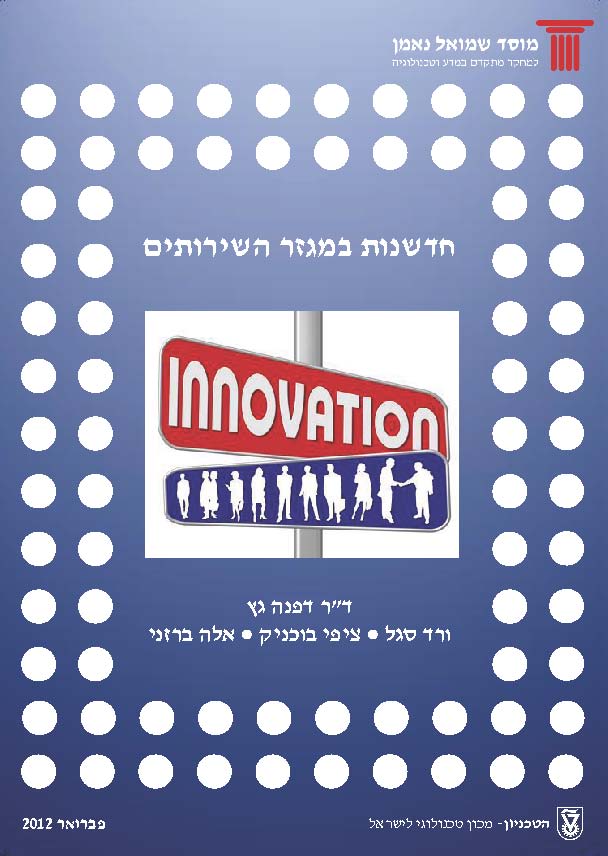
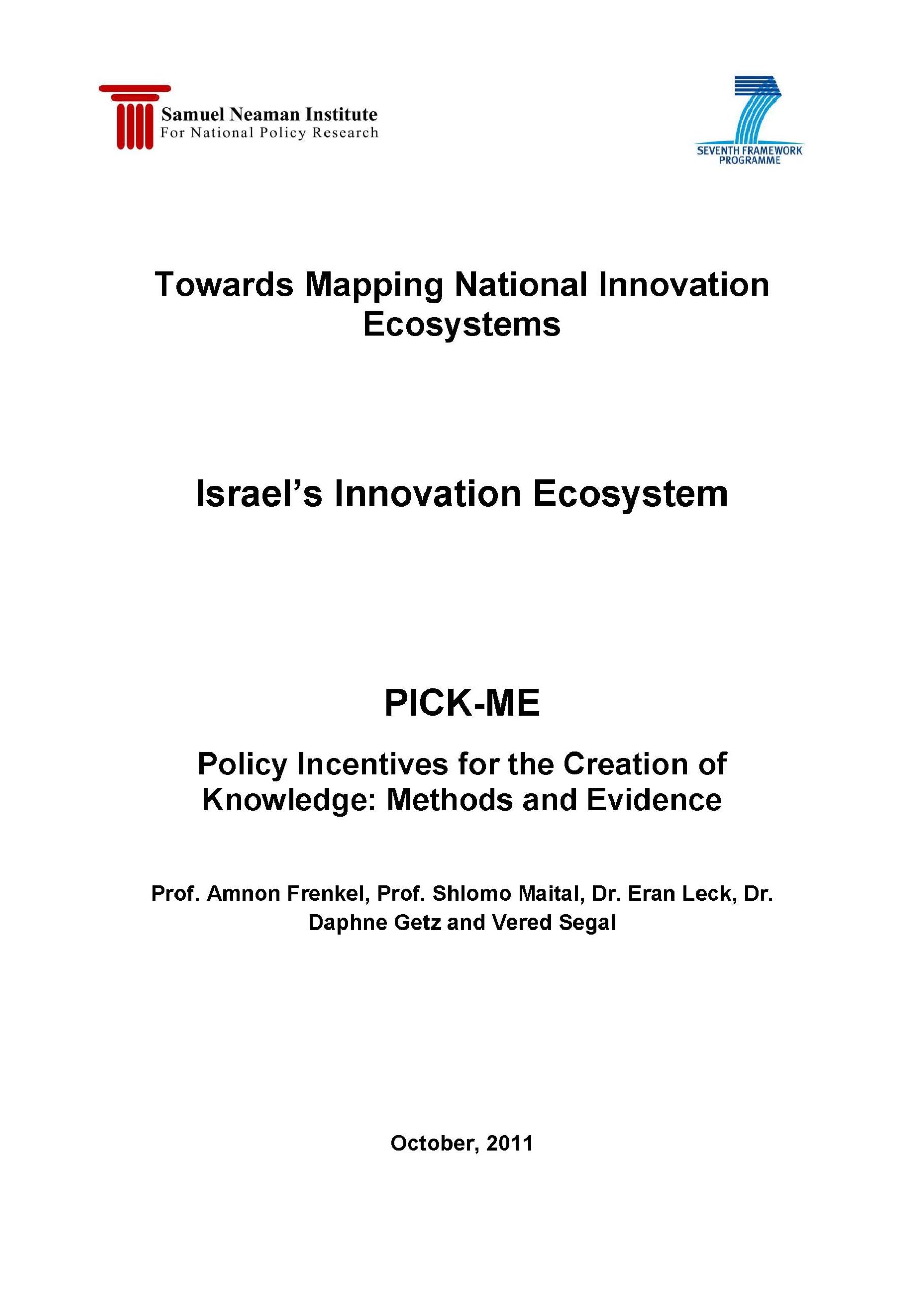
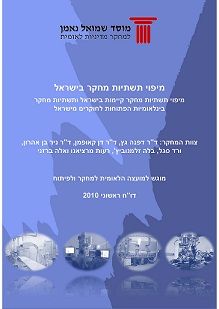
דפנה גץ, דן קאופמן, ניר בן - אהרון, ורד גלעד, בלה זלמנוביץ, רעות מרציאנו, אלה ברזני
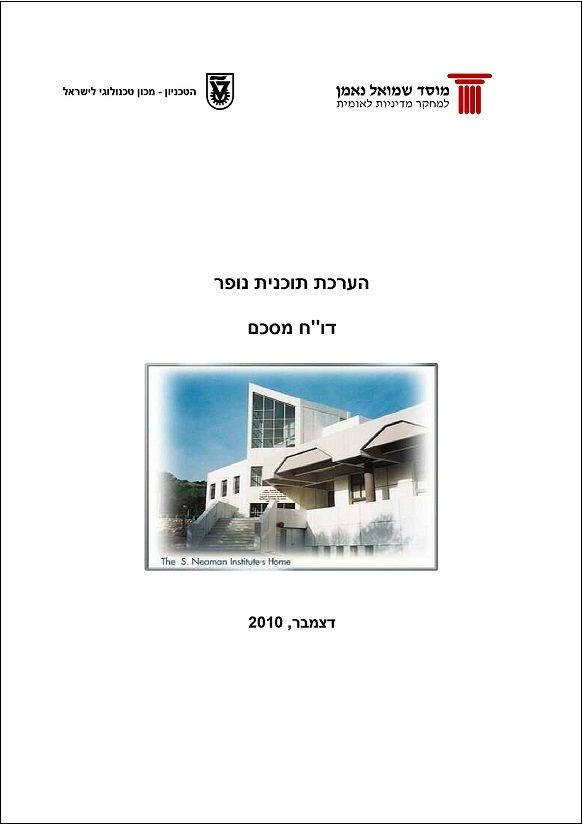
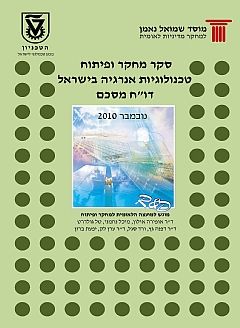
אופירה אילון, מיכל נחמני, טל גולדרט, דפנה גץ, ורד גלעד, ערן לק, יפעת ברון
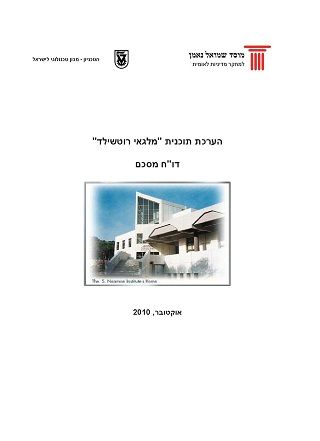
דפנה גץ, ערן לק, אורלי נתן, יאיר אבן-זוהר, ציפי בוכניק, ורד גלעד
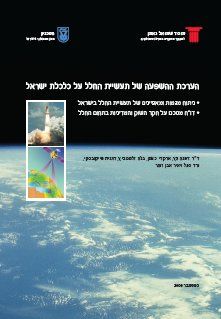
דפנה גץ, ארקדי כצמן, בלה זלמנוביץ, דגנית פייקובסקי, ורד גלעד, יאיר אבן-זוהר
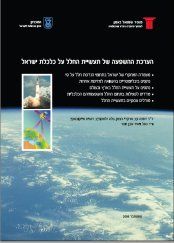
דפנה גץ, בלה זלמנוביץ, דגנית פייקובסקי, ורד גלעד, יאיר אבן-זוהר

אופירה אילון, גלעד פורטונה, עידן ליבס, שירי פרוינד-קורן, גרשון גרוסמן, אבי טמקין - גלובס מחקרים, מרים לב-און, פרי לב-און, אפרת אלימלך, חיים צבן, אליעזר פרוכטר, מיכל נחמני, טל גולדרט, דפנה גץ, ורד גלעד, ערן לק, יפעת ברון, יצחק גורן, אלי ישראלי, יורם אבנימלך, ירון ארנון, נעם גרסל, מרדכי שכטר

דפנה גץ, ערן לק, ורד גלעד, יאיר אבן-זוהר, אורלי נתן, ציפי בוכניק, בלה זלמנוביץ

אופירה אילון, מיכל נחמני, טל גולדרט, דפנה גץ, ורד גלעד, ערן לק, יפעת ברון

מרים ארז, ורד גלעד, ענת רוטשטיין, מרים אסוצקי

דפנה גץ, ארקדי כצמן, בלה זלמנוביץ, דגנית פייקובסקי, ורד גלעד, יאיר אבן-זוהר
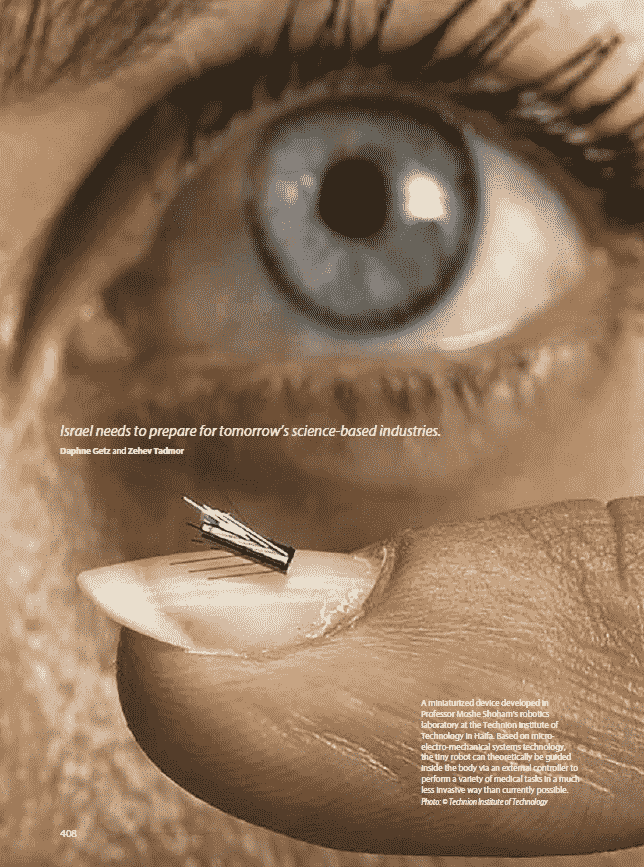
זאב תדמור, דפנה גץ, ורד גלעד, ציפי בוכניק, ערן לק, אלה ברזני, בלה זלמנוביץ, עידן ליבס, אושרת כץ-שחם, אליעזר שיין, נועה לביד

עידן ליבס, אליעזר שיין, אושרת כץ-שחם, נועה לביד, אלה ברזני, ערן לק, ורד גלעד, זאב תדמור, דפנה גץ, ציפי בוכניק, בלה זלמנוביץ
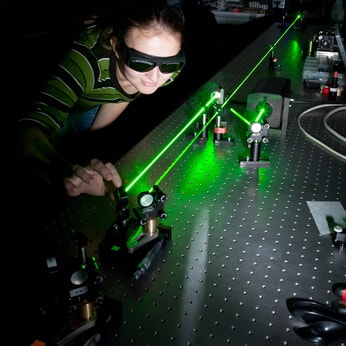
דפנה גץ, בלה זלמנוביץ, אושרת כץ-שחם, ורד גלעד

דפנה גץ, ציפי בוכניק, ערן לק, אלה ברזני, ורד גלעד, רינת קליין, איליה זטקובצקי

רינת קליין, ורד גלעד, ציפי בוכניק, בנימין בנטל, דן פלד


אורלי נתן, ציפי בוכניק, ורד גלעד, דפנה גץ, שרון רשי-אלקלס, מיכל סלע, שלומית ליר, ענת פנטי

דפנה גץ, ורד גלעד, ציפי בוכניק, אושרת כץ-שחם, סימה ציפרפל, אליעזר שיין, אלה ברזני, נועה לביד, ערן לק

דפנה גץ, ורד גלעד, סימה ציפרפל, מעיין זרביב ציון


דן פלד, בנימין בנטל, צמרת רובין, דפנה גץ, ורד גלעד, ציפי בוכניק

דפנה גץ, ורד גלעד, אושרת כץ-שחם, נועה זמר-בציר
דפנה גץ, ורד גלעד, בלה זלמנוביץ, אושרת כץ-שחם

דפנה גץ, ורד גלעד, בלה זלמנוביץ, אושרת כץ-שחם



דפנה גץ, דן קאופמן, ניר בן - אהרון, ורד גלעד, בלה זלמנוביץ, רעות מרציאנו, אלה ברזני


אופירה אילון, מיכל נחמני, טל גולדרט, דפנה גץ, ורד גלעד, ערן לק, יפעת ברון

דפנה גץ, ערן לק, אורלי נתן, יאיר אבן-זוהר, ציפי בוכניק, ורד גלעד

דפנה גץ, ארקדי כצמן, בלה זלמנוביץ, דגנית פייקובסקי, ורד גלעד, יאיר אבן-זוהר

דפנה גץ, בלה זלמנוביץ, דגנית פייקובסקי, ורד גלעד, יאיר אבן-זוהר